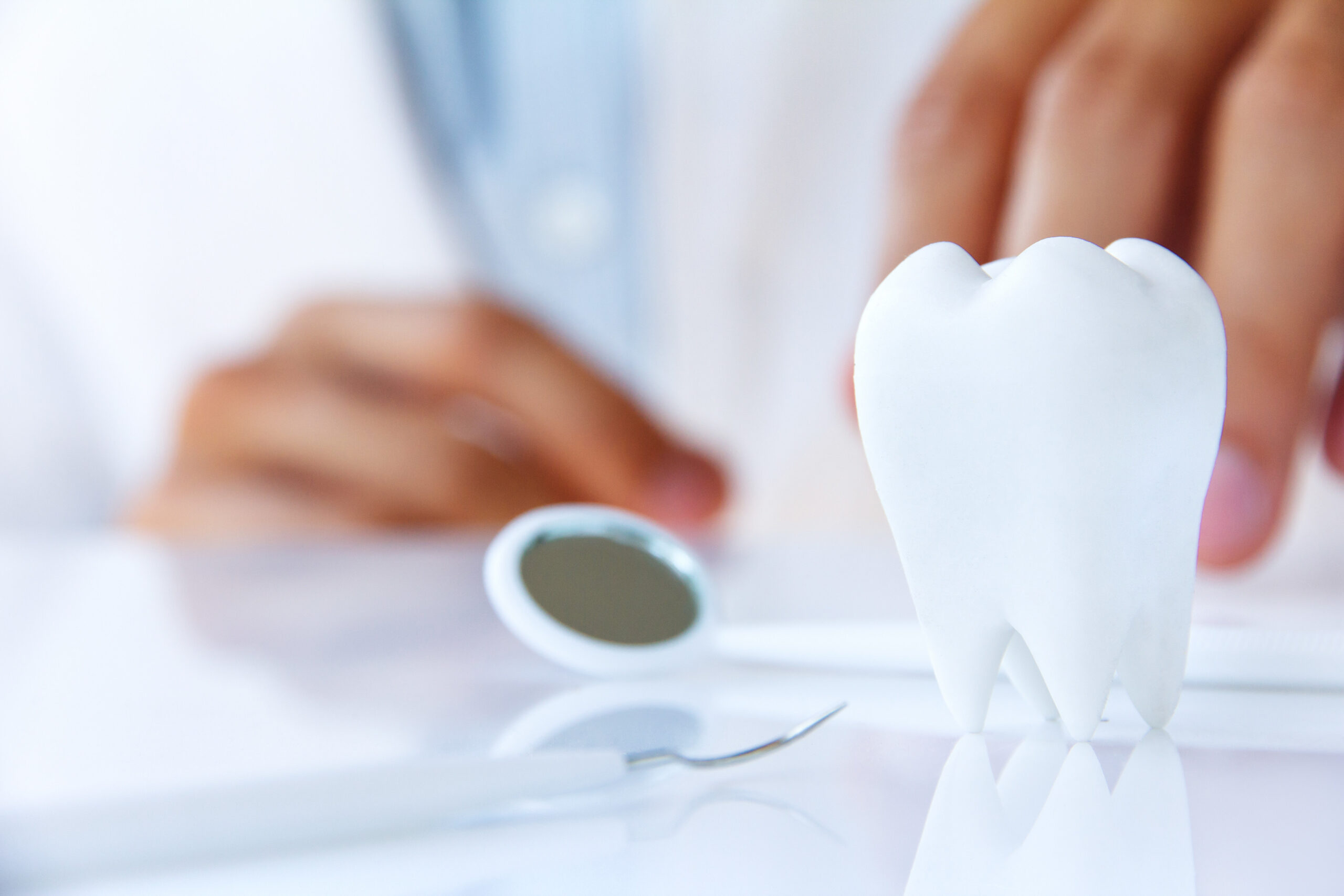Dental or teeth bonding is a cosmetic treatment that enhances the look of your smile by using composite resin material, which is usually tooth-colored. You may want to consider this procedure if you have broken or lost teeth. Additionally, it can be used to alter the size, color, and shape of your teeth. Dental bonding is totally reversible, unlike other cosmetic dental procedures like porcelain veneers.
This cosmetic dental treatment is also known as composite bonding. During this process, your dentist near you will use tooth-colored resin to change the size, shape, and color of the affected teeth.
Why is Dental Bonding Recommended?
Dental bonding can make your mouth more visually pleasing. The composite resin is employed in order to:
- Cover chips and cracks
- Fix stained and discolored teeth
- Fill in the gaps between the teeth
- Make your teeth appear longer
- Change the shape and size of your existing teeth
Dental bonding is also incorporated in restorative dentistry treatments to:
- Seal cavities
- Replace old silver fillings with a more aesthetically pleasing option
- Make sure the exposed tooth roots that resulted from gum recession are protected
Consult with our dentist in South Edmonton to learn more about this treatment and restore the appearance of your smile.
Dental Bonding Aftercare
Here are some aftercare tips you should keep in mind upon receiving dental bonding near you.
1. Brush and floss daily
The best dental care routines involve daily brushing and flossing. After the process is done, daily oral hygiene habits become even more vital because dental issues like decay or gum disease can easily conflict with the bonding and call for retreatment.
2. Avoid mouthwash with alcohol
You must maintain good oral hygiene, which may involve rinsing your mouth out with mouthwash. When choosing a mouthwash, you should be very cautious. Avoid products that contain alcohol in particular because they can soften dental bonding material and cause it to slide off or deform.
3. Don’t use your teeth as a tool.
Making use of your teeth as a tool is among the worst things you can do with them. People do this in a variety of ways, such as by tearing off food packaging, and electrical wires, or even by opening bottles or cans with their teeth. All of these behaviors harm your smile and risk breaking the dental resin (which is not as hard as your natural teeth).
4. Avoid habits that stress your teeth
Your newly bonded smile can experience damage if too much force is applied to your teeth. It is best to prevent activities that put stress on your teeth, such as grinding your teeth while eating and eating foods that are hard. Take additional precautions to protect your mouth if you play contact sports to prevent hitting the bonding material by accident.
5. Quit smoking
If you’ve had bonding work done on your teeth, you should stop smoking. Smoking is harmful to your dentition in two ways including:
- The bonding materials are readily stained by smoking, and they don’t bleach like natural teeth.
- Smoking tobacco increases your risk of developing dental diseases because the toxins in tobacco smoke decrease blood flow in your mouth.
These guidelines will help your treatment last for a very significant duration and minimize the need for retreatment. If you want to keep your dental health in excellent shape, it’s crucial to practice good oral hygiene. To find out more about the procedure, get in touch with our professionals at Jagare Ridge Dental. We will help you to achieve the smile you desire.
Contact us to arrange a visit to get dental bonding in South Edmonton!
